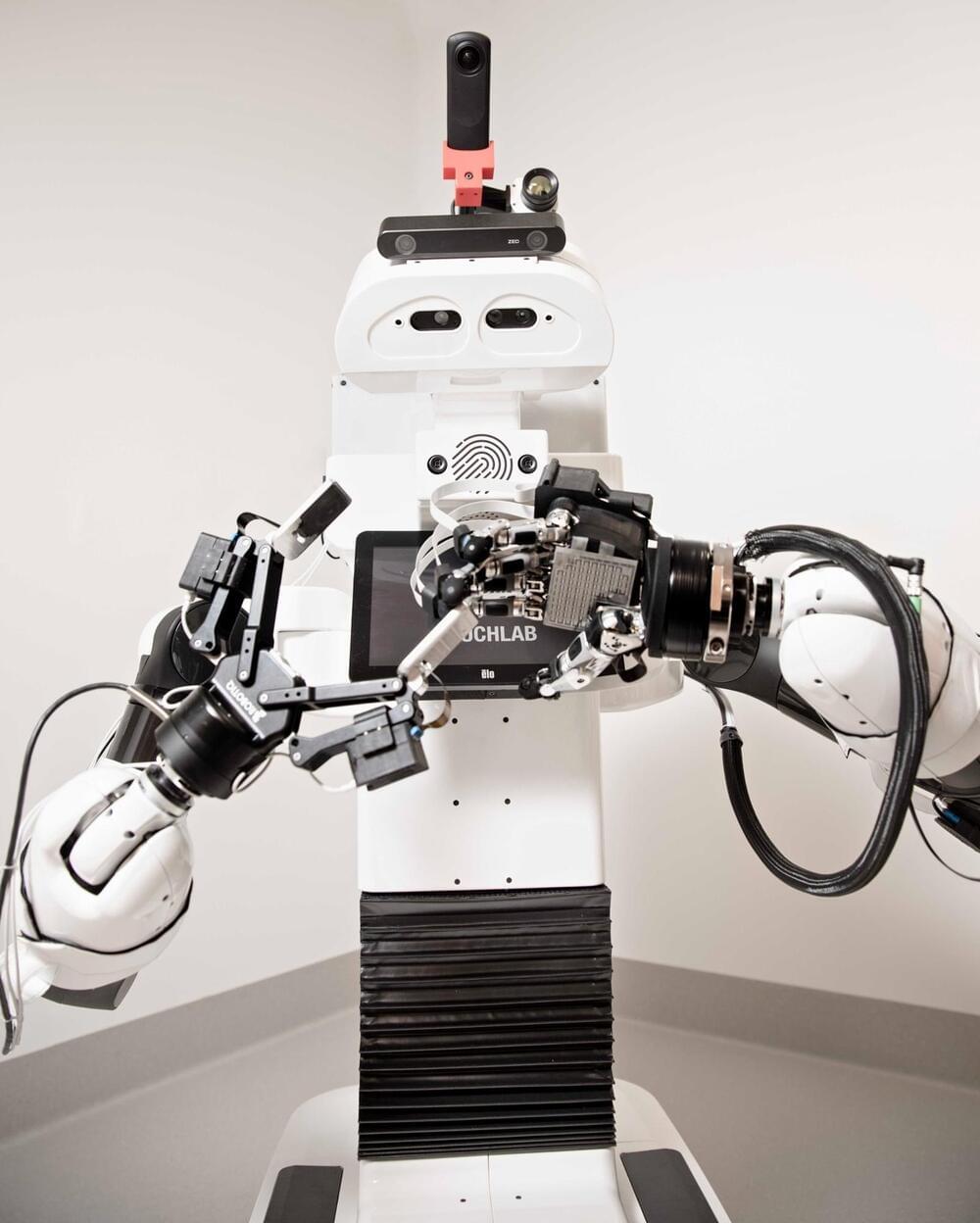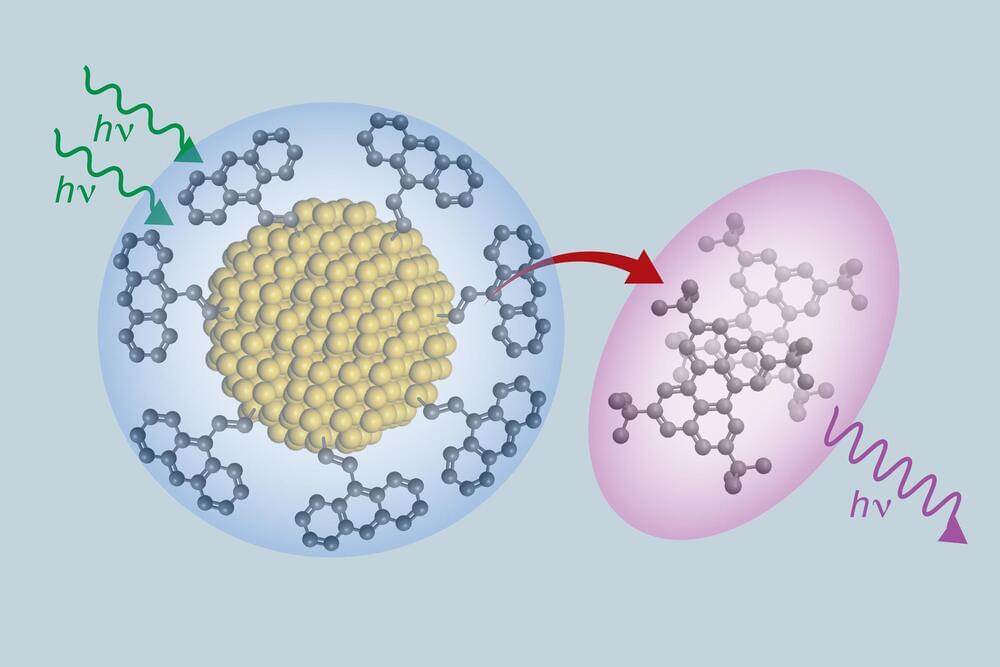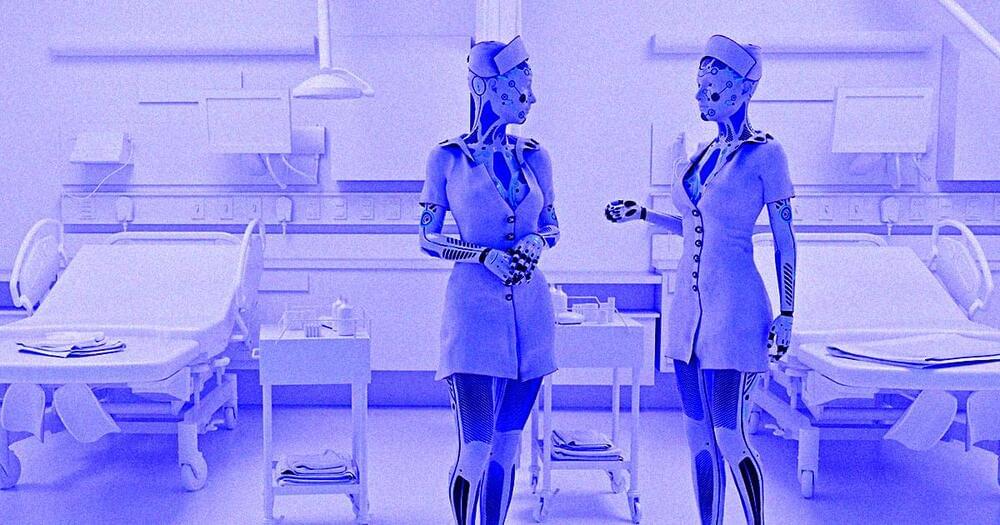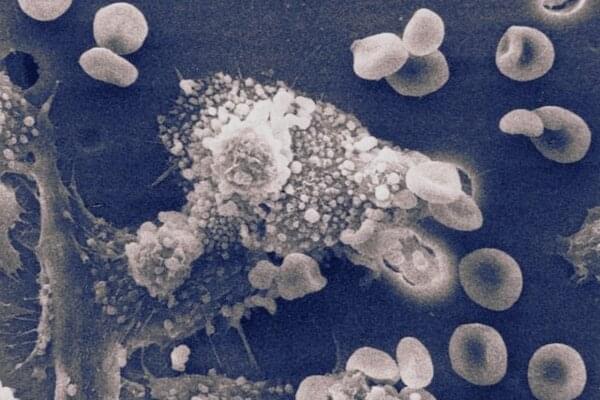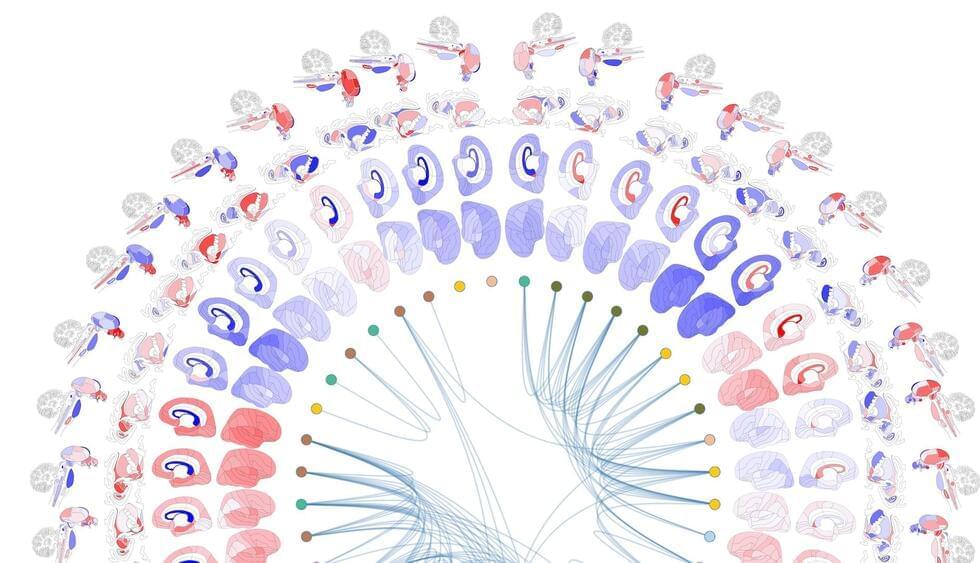A first-of-its-kind robot which gives clinicians the ability to ‘feel’ patients remotely has been launched as part of a Finnish hospital pilot by deep tech robotics company Touchlab, a new tenant of the world-leading centre for robotics and artificial intelligence the National Robotarium.
Controlled by operators wearing an electronic haptic glove, the Välkky telerobot is equipped with the most advanced electronic skin (e-skin) technology ever developed to transfer a sense of touch from its robotic hand to users. E-skin is a material which is made up of single or multiple ultra-thin force sensors to transmit tactile sensations like pressure, vibration or motion from one source to another in real-time.
The 3-month pilot at Laakso Hospital in Helsinki, Finland will see a team of purpose-trained nurses explore how robotics systems can help deliver care, reduce workload and prevent the spread of infections or diseases. The pilot at Laakso Hospital is coordinated by Forum Virium Helsinki, an innovation company for the City of Helsinki. The research is part of a wider €7 billion project aimed at developing the most advanced hospital in Europe, due to be completed in 2028.
